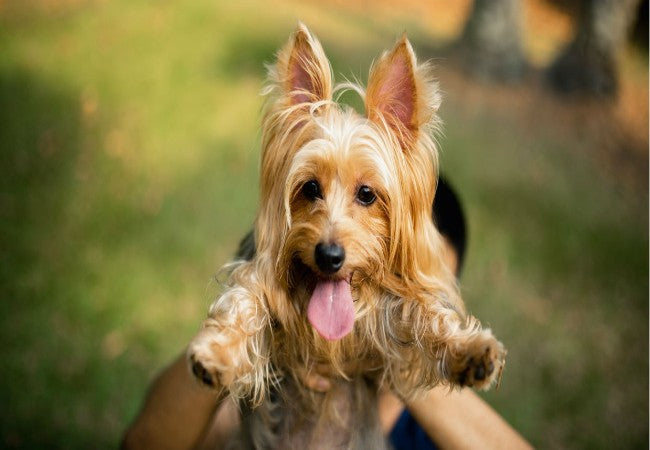How Much of Your Dog’s Personality Comes From You? Vet‑Approved 2025 Guide👥🐶

In this article
How Much of Your Dog’s Personality Comes From You? Vet‑Approved 2025 Guide👥🐶
By Dr. Duncan Houston BVSc
Ever wonder why your dog seems so much like you? Studies confirm that your personality—energy, emotional state, training style—significantly influences your dog’s temperament. While genetics matter, owner influence is real. Let’s explore the vet-approved reasons and what it means for your bond in 2025! 🐾🩺
1️⃣ Dogs Mirror Owner Emotions & Energy
- Dogs sense our emotional cues—anxious owners often have anxious dogs; relaxed owners have calmer dogs.
- Owners with high energy levels commonly have energetic, excitable dogs—an easy reflection of shared activity styles.
2️⃣ Personality Correlations: Studies Speak Up
- A 1,600‑dog Michigan Humane study found strong parallels between owner and dog personalities across Big Five traits—especially extraversion and neuroticism.
- A Harvard/JSAP study confirmed that four of five major personality traits align between dogs and owners—even accounting for observer bias.
3️⃣ Owner Personality Shapes Behavior Change & Training
- Research shows that extroverted owners tend to raise dogs with reduced fear and better touch tolerance during behavioral interventions.
- Conscientious owners may encounter more stranger-directed aggression in dogs—but this can reflect perception bias.
4️⃣ Nature vs. Nurture: Genetics Still Matter
- Breed and inherited temperament lay the groundwork, while your lifestyle and training refine who your dog becomes.
- Socialization, consistent training, and household environment strongly influence behavioral outcomes.
5️⃣ The Influence Can Go Both Ways
Dogs also impact owners—anxious dogs can raise owner stress, while calm “Buddha dogs” help reduce tension and blood pressure.
✅ Vet‑Approved Tips for a Balanced Pup
- Self‑awareness: Monitor your energy and mood—your dog picks it up.
- Consistent training: Use positive reinforcement; avoid punishment to reduce fear or aggression.
- Match activity styles: High‑energy dogs need aerobic exercise; calm dogs thrive with gentle enrichment.
- Mental enrichment: Puzzles and new experiences especially benefit curious or anxious dogs.
- Behavioral support: If you’re introverted or anxious, consider a behavioral program—owner personality matching matters for outcomes.
📊 Owner-Dog Personality Reference Table
| Your Trait | Your Dog’s Likely Personality | Tip |
|---|---|---|
| Extraverted & active | Energetic, outgoing | Provide daily high‑energy play & training |
| Anxious or neurotic | Nervous, easily stressed | Calming routines, enrichment, counterconditioning |
| Conscientious | Well-trained but possible reactivity | Use consistent, positive methods |
| Introverted/quiet | Reserved, shy | Encourage gentle socialization and trust games |
| Calm & relaxed | Steady, low-strung | Maintain calm environment to reinforce stability |
🔍 Final Thoughts
Your dog’s personality is shaped by both nature and nurture—genetics give them character, but your emotions, energy, and training style profoundly influence who they become. By understanding your own traits and adjusting your behavior, you create a harmonious, well‑adjusted companion in 2025 and beyond. 🐕❤️
Want help assessing your own personality style and tailoring enrichment or training to match? Download the Ask A Vet app for expert guidance on building a healthy, emotionally intelligent bond—anytime you need. 📱🐶






